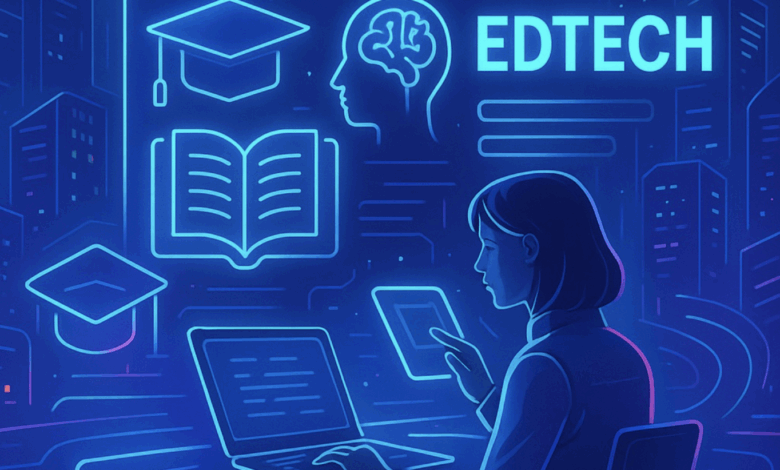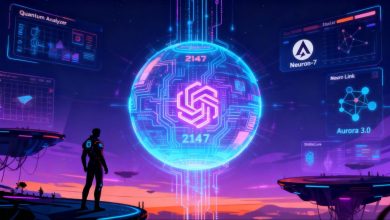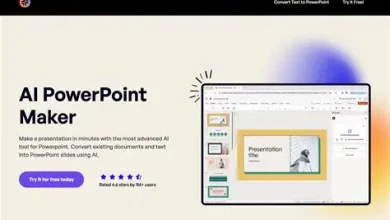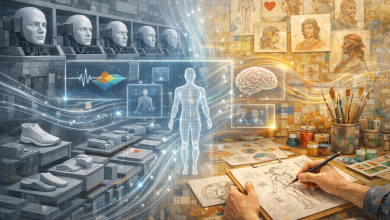
For most of my professional career as an educator, “personalization” was the educational equivalent of a New Year’s resolution: widely proclaimed, rarely kept. Districts poured millions into “differentiation” workshops, teachers stayed up past midnight writing three versions of every lesson, and still we watched reading and math scores slide. COVID only widened the spread: in one ninth-grade class I observed last year, the achievement gap spanned five grade levels. We were asking a single human to conduct an orchestra of 30 completely different instruments, all tuned to different keys. Mission Impossible.
Then, almost overnight, artificial intelligence turned the mission into a prototype – and that prototype into a reality. What was once an aspirational buzzword is now a baseline design principle. In 2025, true personalization is no longer about grouping students by high, medium, and low; it’s about giving every learner an N = 1 pathway generated in real time.
Four Reasons AI-Driven Personalization Is the EdTech Shift That Matters
1. Learning gains that used to require a tutor now scale to entire systems.
The RAND Corporation’s 2023 update on multi-site adaptive-learning programs found effect sizes (0.3–0.4 SD) on par with one-to-one tutoring – only this time across 11,000 students in 62 schools. More recent pilots are even more aggressive. Carnegie Learning’s *Lightning Tutor* randomized-controlled trial (6,400 middle-schoolers, February 2025) delivered a 0.29 SD algebra bump in twelve weeks—roughly four months of extra learning. These aren’t incremental wins; they erase a third of the historic racial achievement gap in a single semester.
2. Teacher time is finally being reallocated to actually teaching.
In Minnesota, AI co-writers now auto-draft formative assessments, simplify complex texts, even build standards-aligned rubrics. Educators there report reclaiming up to six hours a week – hours now spent conferencing with students or facilitating Socratic seminars instead of clerical work. That matters in a labor market where one in eight K-12 positions remains vacant. We are not replacing teachers; we are deleting drudgery so humans can do the human parts of the job.
3. Global proof points are piling up.
• Australia’s Corella AI plugs directly into the national curriculum, letting a seventh gradestudent ask, “Explain photosynthesis using rugby metaphors,” while a teacher receives an instant misconception report.
• OpenAI’s Learning Accelerator in India distributed half a million ChatGPT licenses to public-school educators, complete with micro-credential trainings on bias and safeguarding. Early state-test data show participating districts doubling proficiency gains over controls.
• Kira Learning, Andrew Ng’s newest venture, uses AI agents to grade, generate lessons, and map mastery. The pitch isn’t “robots replace teachers,” it’s “teachers get superpowers.”
4. Personalization is equity in action.
A therapy that helps only the affluent is called boutique medicine; one that scales to Medicaid enrollees is called precision medicine. The same moral calculus applies in schools. When FCC E-Rate modernization (July 2025) made adaptive-software licenses eligible for 90 percent subsidies, Title I districts suddenly gained the same personalization muscle as elite private schools. Justice moved from slogan to line-item.
Future Forecast: Five Predictions for 2026 and Beyond
1. IEPs will be generated by machine, reviewed by humans.
New York City’s “My Smart IEP” pilot cut plan-writing time from seven hours to two. Expect the practice to jump state lines; within three years, template-driven, AI-drafted IEPs will be standard in half of U.S. districts.
2. Every major LMS will have a built-in AI mentor by default.
Google Classroom’s Gemini writing coach already tags 1.2 million essays for argument strength. Canvas and Schoology will follow suit, making feedback loops instantaneous and personalized. Traditional textbook publishers must evolve or vanish.
3. We will see the first state accountability model that measures growth by individualized mastery, not age-cohort benchmarks.
Tennessee is rumored to pilot “pace-agnostic proficiency bands” by 2027, replacing the antiquated seat-time model with continuous progress maps.
4. Teacher prep programs will require AI-literacy coursework.
Just as every credentialing pathway includes child-abuse reporting, new syllabi will cover prompt engineering, bias auditing, and ethical escalation protocols.
5. Data privacy will shift from consent forms to algorithmic audits.
Parents won’t be asked to sign another 14-page FERPA statement; they’ll receive quarterly “nutrition labels” detailing how their child’s data trained the algorithm and how it was de-identified.
Guardrails We Must Install Now
Personalization without protection is a loaded gun on the playground. We need three non-negotiables:
• Child-centered design: crisis-word detection, verified age-gating, and automated hand-offs to human counselors. If Uber can find my exact curb, a chatbot can call 988 when a teen types *I want to die*.
• Clinical-grade testing for mental-health bots: randomized trials, ongoing audits, full transparency. We don’t let unvetted drugs into pediatric wards; we shouldn’t let unvetted algorithms into vulnerable minds.
• Mandatory AI literacy: Every student should know how to prompt responsibly, fact-check AI output, and recognize when “helpful” turns harmful.
Closing Thought
When my own son lay under a tangle of IV lines, I promised God that if He spared Jacob, I’d spend my life protecting other children. Jacob survived; that promise became my work. In AI, I see both the scalpel and the wound: a tool that can cut deeply or heal profoundly. The education sector has spent decades chasing personalization with blunt instruments. Now we hold a precision scalpel. The question is whether we wield it with the wisdom – and the guardrails – our children deserve.
Abby Levin Brody is a nationally acclaimed digital parenting expert, writer and speaker. A former educator and principal, she’s a cancer mom, an ed-tech futurist and a philanthropist, giving away all of her rich, parent-friendly, child-first resources and playbooks free forever on her website, www.abbybrody.com






